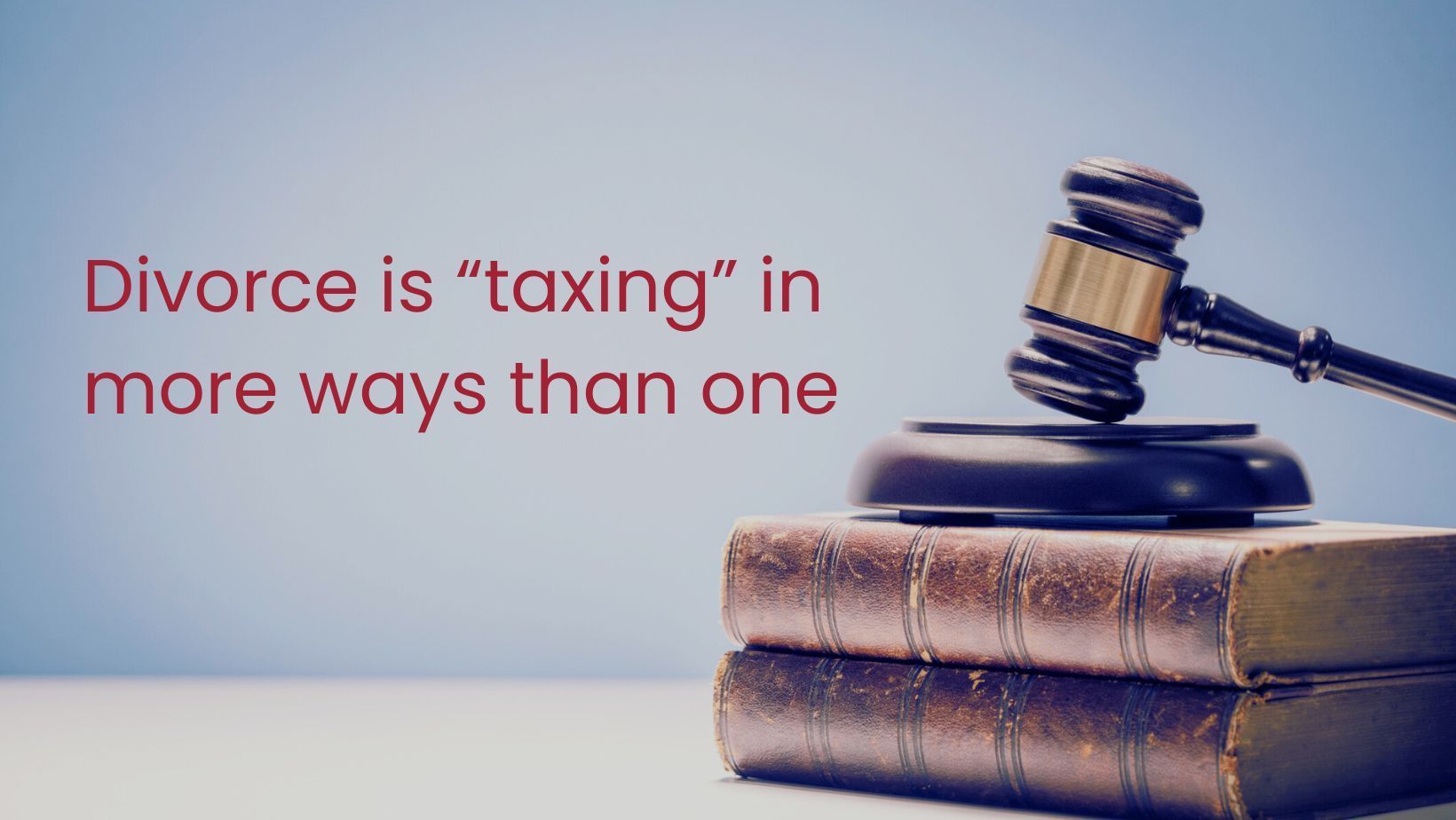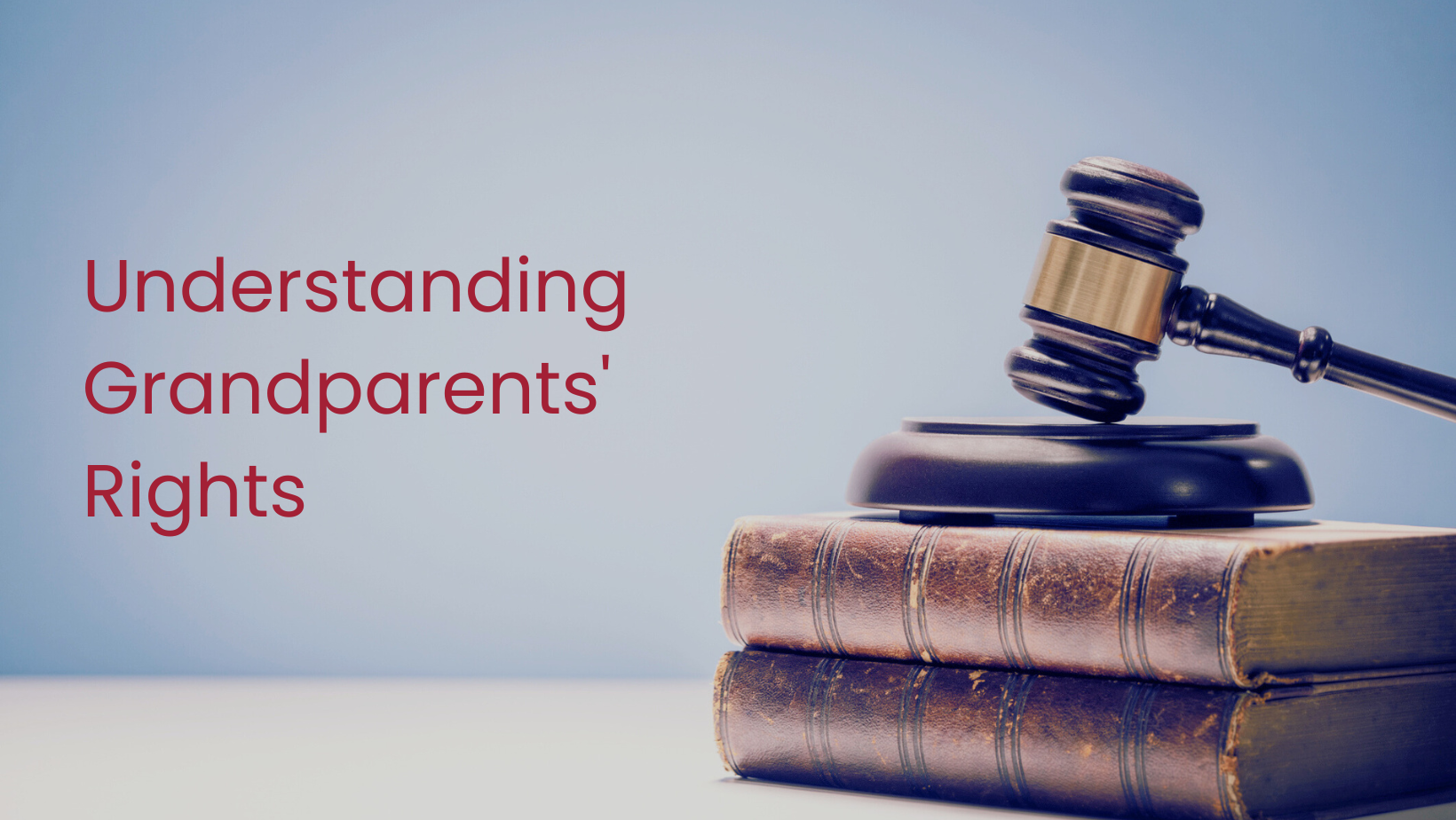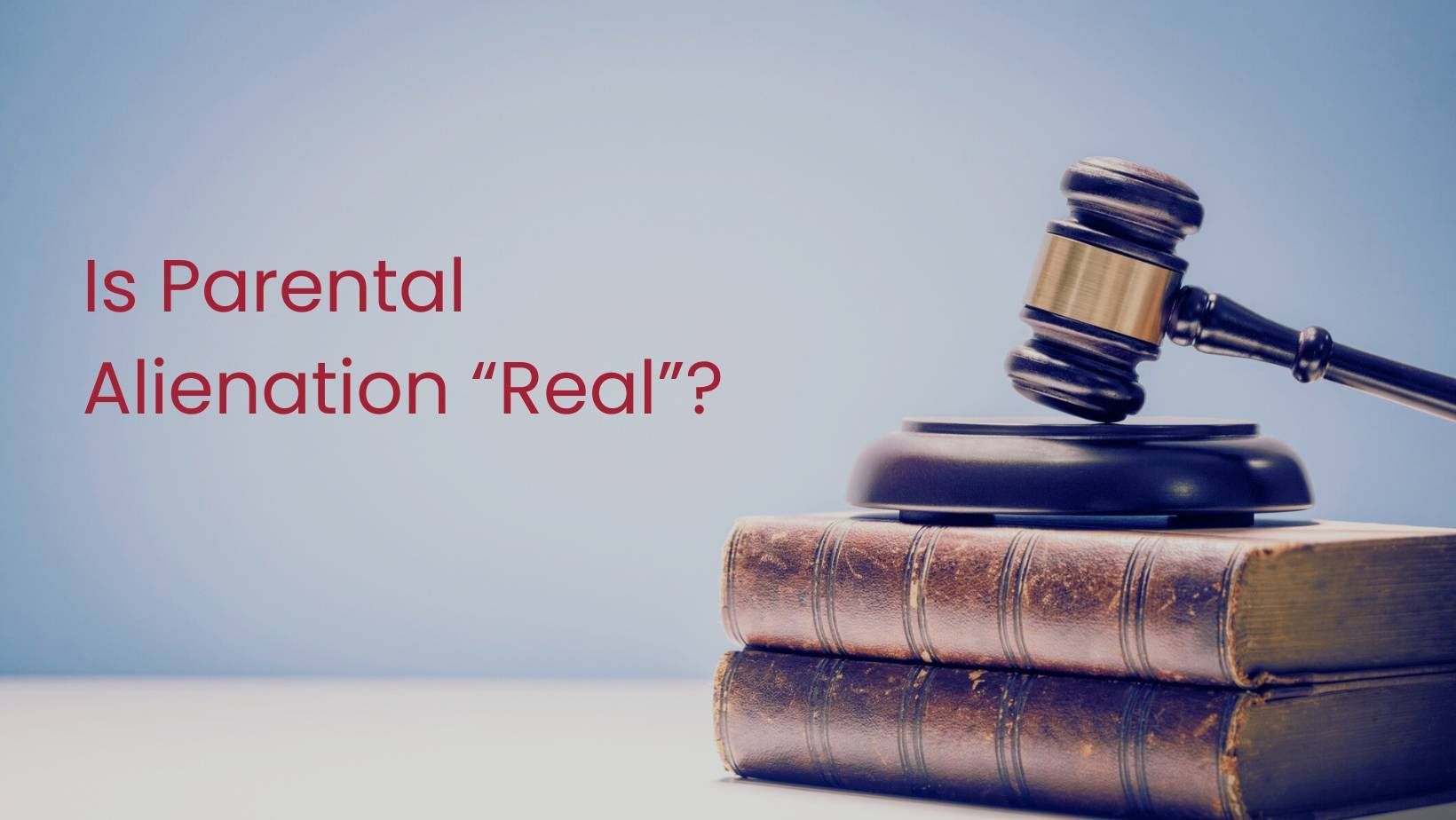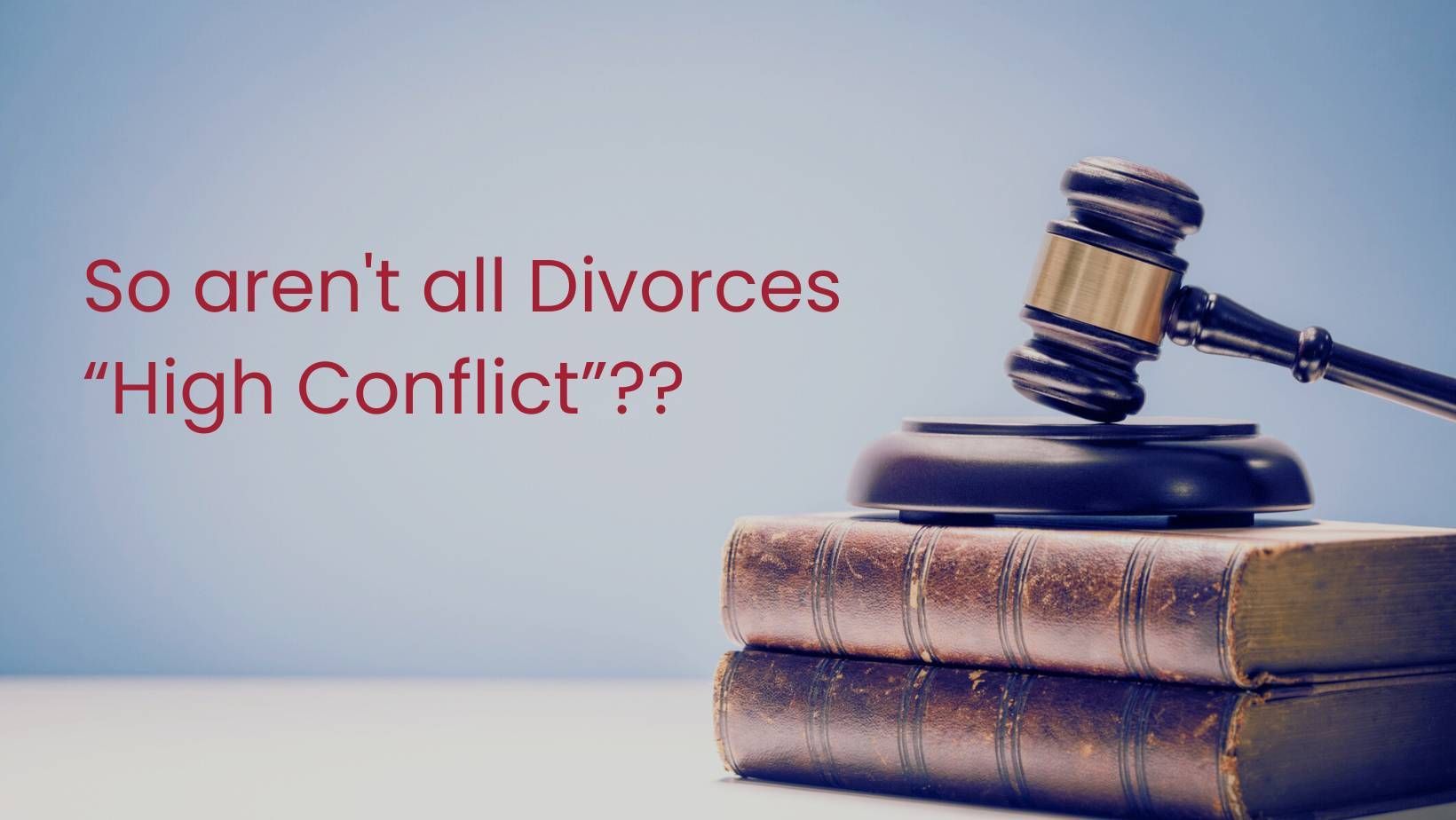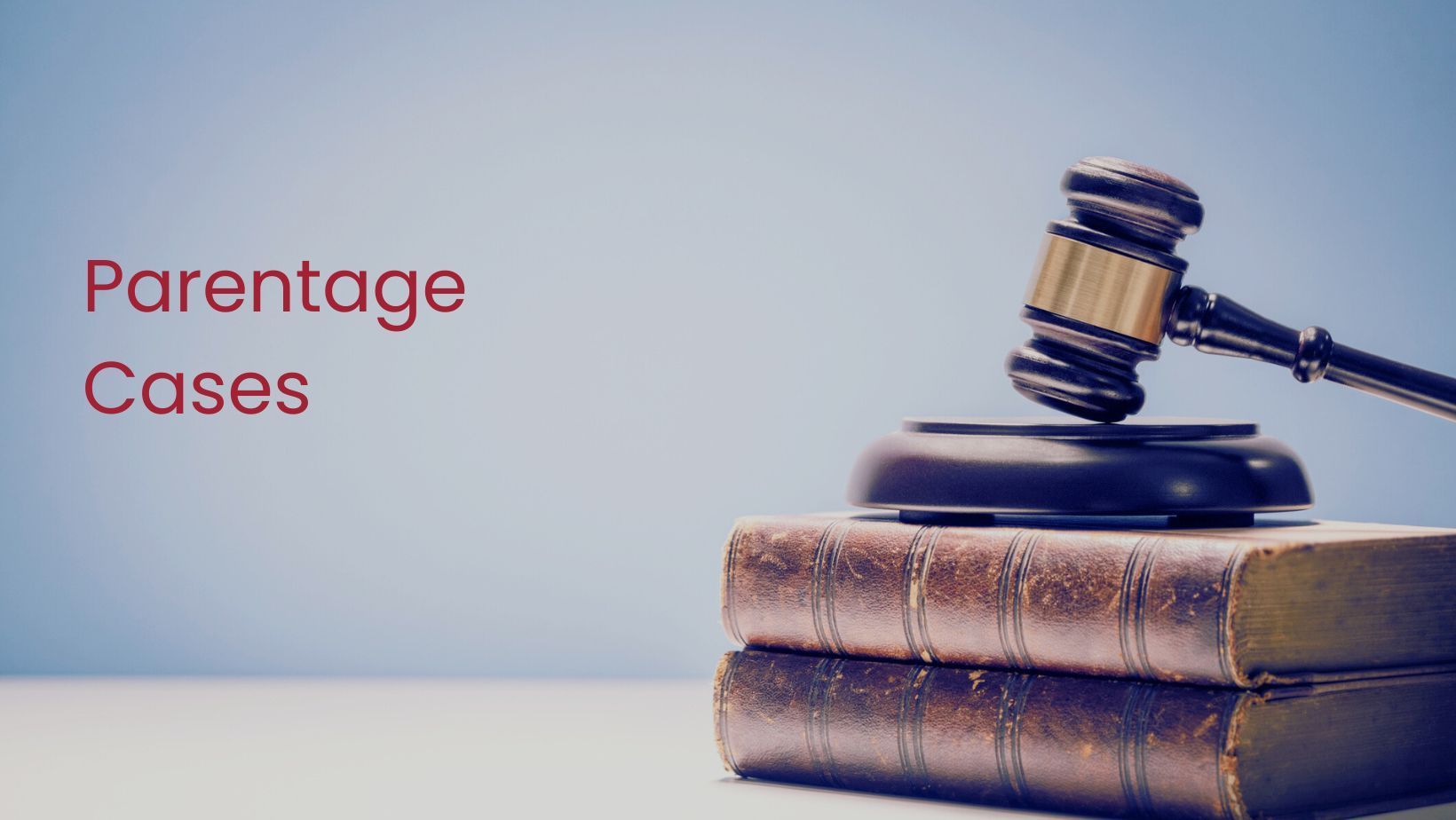Does it Make Sense to Get Legally Separated?
- By Dan R. Gold, Esq.
- •
- 15 Jul, 2020
- •
Legal Separation, Divorce and Annulment

The marriage is in disarray. Marriage counseling didn’t work or was not an option for the couple. When is a separation a better choice than a divorce, also known as dissolution of marriage? Is there another answer? Unfortunately, COVID-19 has added fuel to each of these slowing-burning fires.
Three Ways to End a Marriage in California
The three main ways of ending a marriage or registered domestic partnership in California are divorce, legal separation, and annulment. It is not necessary for both spouses or domestic partners to agree to end the marriage. California is a “no-fault” divorce state, meaning that the spouse or domestic partner asking for the divorce does not have to prove that the other domestic partner/spouse did something wrong. From the court’s point of view, there is no “guilty” or “non-guilty” person. To get a no-fault divorce, one of the two, the spouse or domestic partner, has to say that the couple simply cannot get along, which is what the law calls “irreconcilable differences.”
Divorce
Either spouse or partner can choose to end the marriage. Even if the other party does not want to get a divorce, they cannot stop the procedure by declining to participate in the case. If a spouse or domestic partner does not take part in the divorce case, the other party will still be able to get a “default” judgment, and the divorce will go through. It does not matter who is first to file the divorce or separation case. Note: the court will not give preference to the first person to file nor hand a ‘demerit’ to the person who responds to the case. The only thing the court is interested in is helping the separating spouses or partners reach a fair agreement about how their lives will be restructured after the divorce to move ahead and rebuild their lives.
When you start a divorce case, you can ask the judge to make orders about:
- Custody and visitation;
- Child support;
- Spousal or partner support;
- The division of your property; and
- Who will be responsible for paying debts?
The divorce process will take at least six months from the date the person filing for divorce lets the other person know because of California law’s mandatory waiting period. When the divorce is granted by the courts, the couple is no longer married. Alternately, legal separation is faster, but the couple is still married in the eyes of the law.
Legal Separation
If you do not want to get a divorce (or you cannot because you have not met the residency requirements), you can ask the judge for a legal separation.
The legal separation does not end the marriage or domestic partnership. One cannot marry or enter into a partnership with someone else if they are legally separated and not divorced. Some people who start by wanting a legal separation may be able to change to a divorce case later if they meet specific requirements.
A couple may decide they want to file for legal separation instead of divorce because:
- They do not want to get a divorce because of their personal beliefs or religious reasons.
- They do not want a divorce yet but would like to live apart and get the court’s orders about money, property, and parenting issues.
- They do not meet the California residency requirements to file for divorce, so they get the process of separating started while they’re waiting.
- They do not want to divorce because of financial reasons (as in the case where one spouse or partner is on the other’s health insurance plan, or if certain benefits (e.g., military or tax) require that a couple remain married).
Annulment
Annulment is when the marriage is not legally valid. There are many reasons an annulment may be called for, some of which are incest, bigamy, underage, fraud, force, and more with variations on a theme to all of them. To start an annulment case, the party has to fill out the same forms as with a divorce or legal separation. If the court denies the annulment reasons, there will be a brand-new case unless both annulment and dissolution were requested via the court forms at the outset.
Conclusion:
Divorce is final. Legal separations in California usually lead to divorce, but sometimes they serve as cooling off or taking a breather. Often, legal separation is necessary for the children or spouse to be distanced from the offending spouse/partner because of substance abuse or to avoid physical abuse to the spouse or children. On a lighter note, sometimes irreconcilable differences are temporary and can be patched with marriage counseling. Annulment is also final. Reasons for annulment are heard and either considered valid or not in a court of law. It might save time to work with an attorney to know the different avenues for handling a problem marriage.
Please Contact Us if You Need Help in This Regard.
Call: 949-756-0685.
Email: dgold@tldlaw.com
Disclaimer
This information outlines a few of the concepts that surround separation, dissolution and annulment in the State of California. It is not intended to be, nor should it be construed as legal advice for any particular situation. Please seek advice from TLD Law or your personal attorney in your state or jurisdiction.
